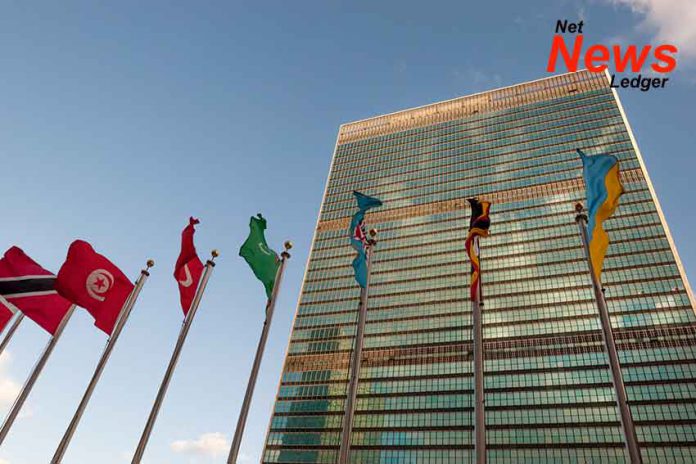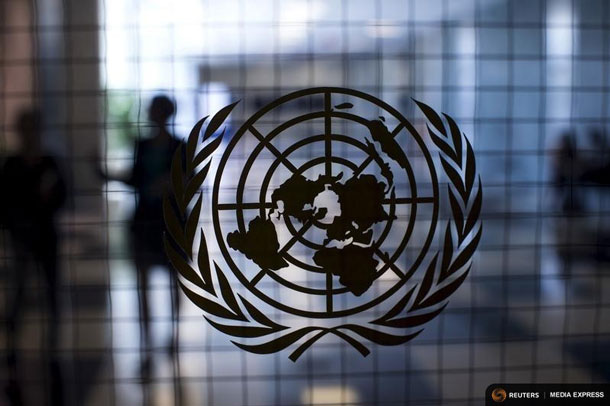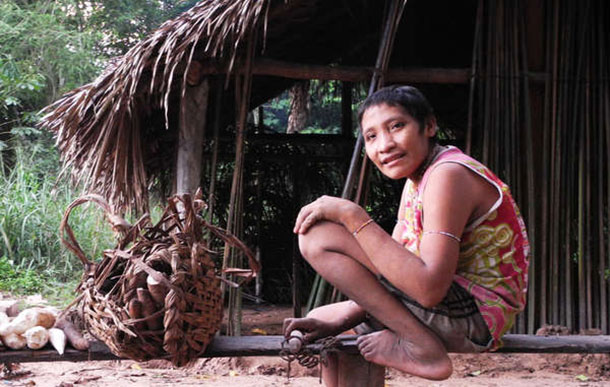
During a meeting on March 1, the Native Women’s Association (NWAC) delivered a mixed message about the progress of Indigenous Women, Girls, Two-Spirit, Trans and Gender-Diverse (WG2STGD+) People’s human rights in Canada to UN Special Rapporteur José Francisco Calí Tzay. On one hand, Canada is making strides in aligning its laws with the UN Declaration on the Rights of Indigenous Peoples (UNDRIP), which is good news. However, Canada is failing to address the ongoing genocide of Missing and Murdered Indigenous Women, Girls, and Two-Spirit People (MMIWG).
Judy Whiteduck, NWAC’s Vice President of Policy, Advocacy and Engagement, and Sarah Niman, NWAC’s Assistant Manager of Legal Services, represented the organization during the meeting.
Whiteduck stated, “Indigenous sisters, mothers, aunties, daughters, and nieces continue to be murdered or go missing with very little done to alleviate this urgent issue,” while Niman noted that NWAC’s Safe Passage initiative aims to track cases and provide safety resources, but Canada must take responsibility for addressing these ongoing harms.
NWAC is incorporating the MMIWG findings into its gender-based recommendations to Canada as the Justice Department works to align all of Canada’s laws with UNDRIP’s minimum rights standards. Canada passed the UNDRIP Act in June 2021, committing to reform laws that respond to the MMIWG Calls to Justice. During the meeting, NWAC also discussed Indigenous women’s disempowerment in governance and the tendency to exclude NWAC from participating in government decisions that impact Indigenous WG2STGD+ People.
The Special Rapporteur on the rights of Indigenous Peoples, Mr. Calí Tzay, a Maya Kaqchikel from Guatemala, is touring Canada for 10 days before presenting his findings to the UN Human Rights Council in September 2023.





